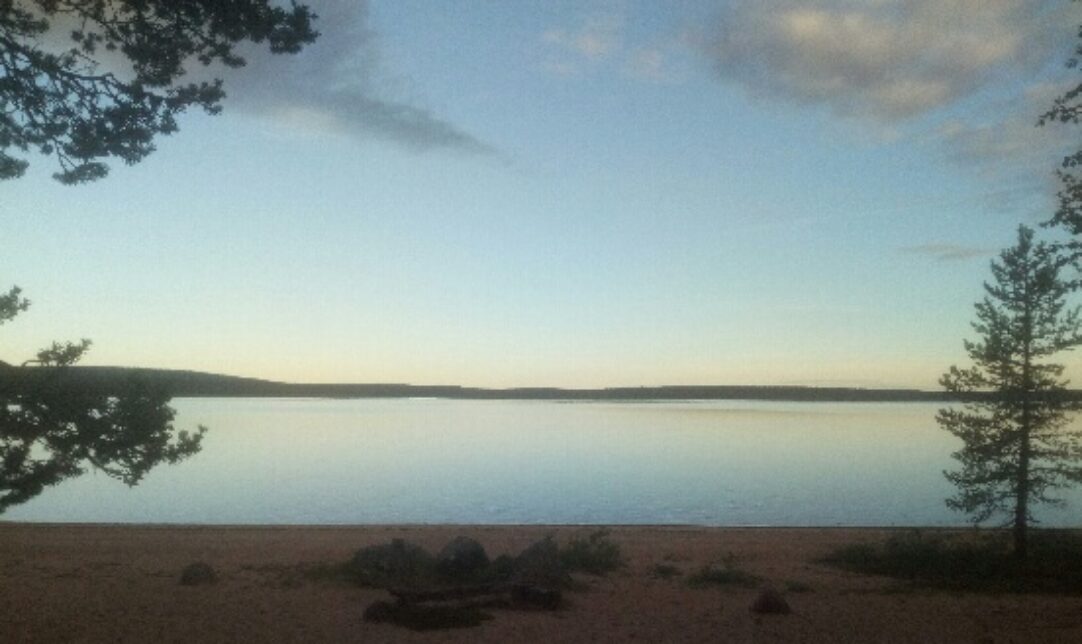ANNIVERSARY OF INTERNATIONAL HUMAN RIGHTS DAY FOR WORLDS INDIGENOUS PEOPLES 2020
Greetings from Sápmi on the Occasion of the Anniversary of International Human Rights Day of Worlds Indigenous Peoples!
Sisters and brothers, ladies and gentlemen, may I introduce my self. My name is Stefan Mikaelsson and I am a long time member of the Sámi parliament plenary assembly, swedish side.
Today we reaffirm our relationsship to Mother Earth and our responsability to coming generations to uphold peace, equity and justice. [1]
We honor our predecessors whose campaign spirit and firm convictions have made it possible to unite today and continue tomorrow in the fight for international law and for institutions that makes us visible as peoples and our rights legally acknowledged globally.
”The 13th of September 2007 will be remembered as an international human rights day for the Indigenous Peoples of the world, a day that the United Nations and its Member States, together with Indigenous Peoples, reconciled with past painful histories and decided to march into the future on the path of human rights”. [2] Quote from the message of Victoria Tauli Corpuz chair of UN Indigenous Permanent Forum on Indigenous Issues stated the day of 13.7.2007.
And it is only 13 years since the indigenous family could unite globally, when the UN General Assembly decided to establish a border crossing human rights instrument the UNDRIP.
A small step for mankind but a giant leap for the Indigenous peoples.
Less than 2 years later, the first wolume of SOWIP, the State of Worlds Indigenous Peoples, was presented by UN Permanent Forum on Indigenous Issues:
”Although the state of the worlds indigenous peoples is alarming, there is some cause for optimism. The international community increasingy recognise indigenous peoples human rights, most prominently evidenced by the UN Declaration on the Rights of Indigenous Peoples. Indigenous peoples themselves continue to organise for the promotion of their rights. They are the stewards of some of the worlds most biologically diverse areas and their traditional knowledge about the biodiversity of these area is invaluable. As the effects of climate change are becoming clearer, it is increasingly evident that indigenous peoples must play a central role in developing adaptation and mitigation efforts to this global challenge.
Of the some 7000 languages today, it is estimated that more than 4000 are spoken by indigenous peoples. Language specialists predict that up to 9 per cent of the worlds languages are likely to become extinct or threatened with extinction by the end ofk the century.
The State of the Worlds Indigenous Peoples is the result of a collaborative effort, organized by the Secretariat of the United nations Permanent Forum on Indigenous Issues. The Chapters were written by indigenous experts”. [3]
Indigenous peoples now have better tools than earlier, and we can use these in the best way to dismantle borders and repeal national laws that are discriminatory and makes it difficult for us to carry and assert our culture in traditional areas.
”Affirming further that all doctrines, policies and practices based on or advocating superiority of peoples or individuals on the basis of national origin or racial, religious, ethnic or cultural differences are racist, scientifically false, legally invalid, morally condemnable and socially unjust” [4] Preamble UNdrip.
Indigenous peoples are not part of the problem, we are part of the solution.
And as the UN Sustainable Goals says for the last decade: ”At the core of the 2020-2030 decade is the need for action to tackle growing poverty, empower women and girls, and address the climate emergency”. [5] UN Agenda2030.
A different world is possible, and its only with implementing the traditional knowledge & awareness provided by us, the Indigenous Peoples, that it will be achievable to change course and establish a better future for all of mankind.
Sisters and
brothers, may the force be with us!
[1] http://www.ipcb.org/resolutions/htmls/kim_dec.html
[2] https://www.un.org/esa/socdev/unpfii/documents/2016/Docs-updates/Statement-Press-Release-IDWIP-2007.pdf
[3] https://www.un.org/development/desa/indigenouspeoples/publications/2009/09/state-of-the-worlds-indigenous-peoples-first-volume/
[4] https://www.un.org/development/desa/indigenouspeoples/wp-content/uploads/sites/19/2018/11/UNDRIP_E_web.pdf
[5] https://www.un.org/sustainabledevelopment/development-agenda/
Listen to youtube for the statement: https://www.youtube.com/watch?v=4iB-KEcTEbw&t=2s
/Stefan Mikaelsson.
